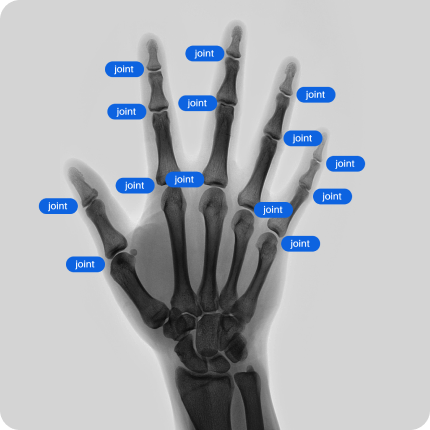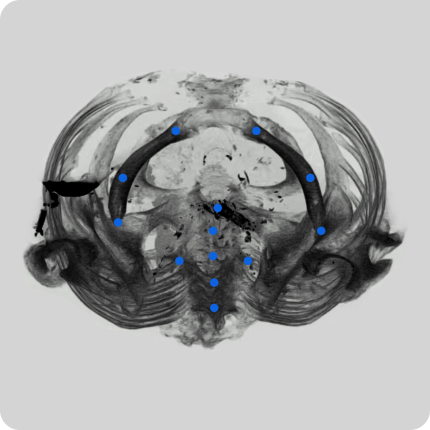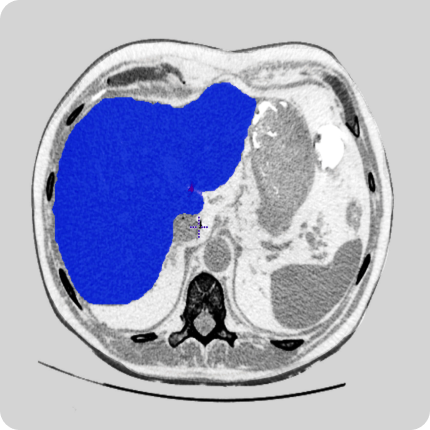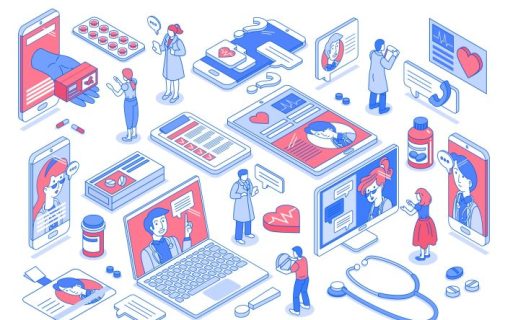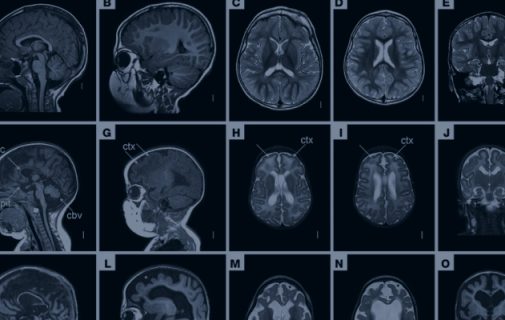
Doctors wearing VR simulation with hologram medical technology
The Next Five Years: Unveiling the Future of Healthcare AI
Introduction
In recent years, the integration of artificial intelligence (AI) in healthcare has gained significant momentum, transforming the industry and paving the way for more efficient, accurate, and personalized patient care. As we look ahead to the next five years, it’s clear that AI will continue to play a pivotal role in shaping the future of healthcare. From diagnosis and treatment to drug discovery and administrative tasks, AI-powered solutions will revolutionize the way healthcare is delivered and experienced.
Enhanced Diagnostics and Early Detection
One of the most promising applications of AI in healthcare is its potential to enhance diagnostics and early disease detection. In the next five years, AI-powered imaging tools, such as radiology and pathology AI, will become even more sophisticated. These systems will be capable of analyzing medical images, identifying abnormalities, and assisting clinicians in making faster and more accurate diagnoses. This not only saves time but also enables early intervention, improving patient outcomes and reducing the burden on healthcare systems.
Personalized Treatment Plans
AI’s ability to process vast amounts of patient data will enable the development of personalized treatment plans. By analyzing medical history and lifestyle information, AI algorithms will help doctors tailor treatments to individual patients. Predictive analytics will also play a vital role in forecasting disease progression and treatment response, ensuring patients receive the most effective therapies.
Drug Discovery and Development
The traditional drug discovery process is time-consuming and costly. However, AI-driven technologies are poised to accelerate this process significantly over the next five years. Machine learning algorithms will analyze existing research, clinical trial data, and biological information to identify potential drug candidates more efficiently. This will lead to faster development of new therapies and a reduction in the overall cost of drug discovery.
Virtual Health Assistants
Virtual health assistants powered by AI are anticipated to become integral components of patient care. These AI-driven systems will provide patients with real-time health information, answer medical queries, and offer guidance on managing chronic conditions. Virtual assistants will not only improve patient engagement and satisfaction but also alleviate the strain on healthcare professionals, allowing them to focus on more complex tasks.
Administrative Efficiency
Healthcare systems are often burdened with administrative tasks that can be time-consuming and error-prone. AI technologies like natural language processing (NLP) and robotic process automation (RPA) will streamline administrative processes, such as medical coding, billing, and appointment scheduling. This will reduce administrative overhead, cut down on errors, and free up valuable time for healthcare staff to focus on patient care.
Ethical Considerations and Regulatory Challenges
As AI becomes more deeply integrated into healthcare, ethical considerations and regulatory challenges will come to the forefront. Ensuring patient privacy, data security, and responsible use of AI algorithms will be critical. Regulatory bodies will need to adapt and create frameworks that balance innovation with patient safety and data protection.
Conclusion
The next five years hold immense promise for the evolution of healthcare AI. With continued advancements in technology, we can anticipate AI-driven solutions to play a pivotal role in improving diagnostics, treatment personalization, drug discovery, and administrative efficiency. However, as AI’s role in healthcare expands, it’s essential for stakeholders to address ethical, regulatory, and privacy concerns to harness its potential responsibly.

